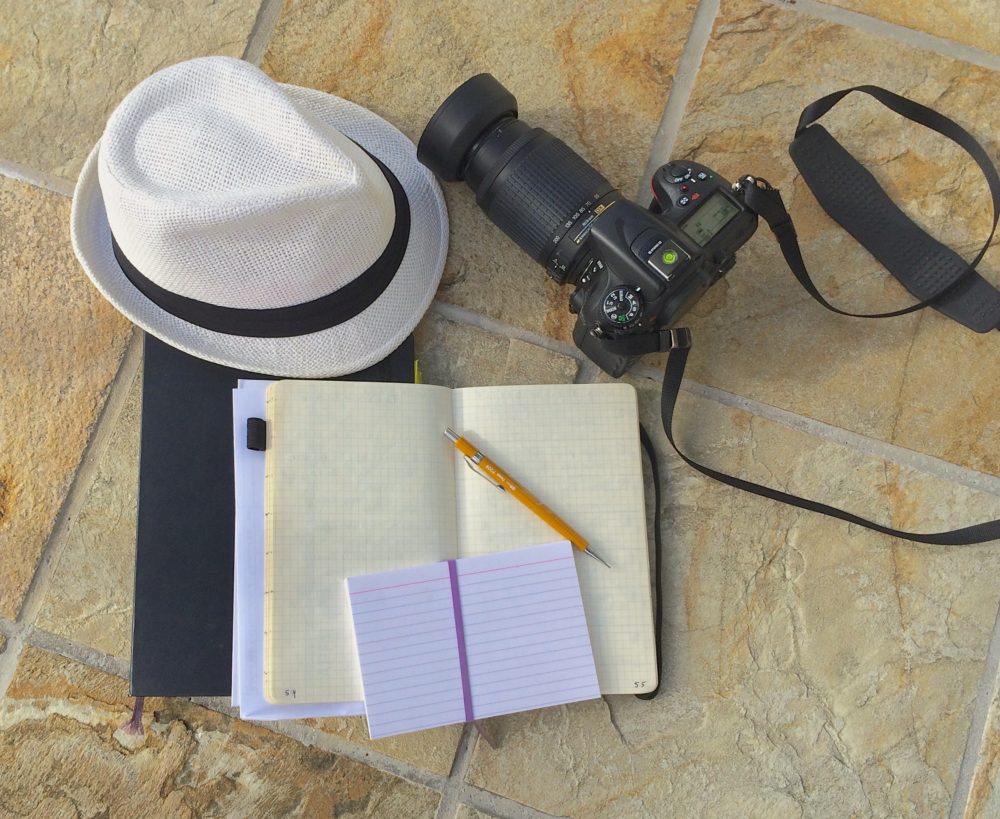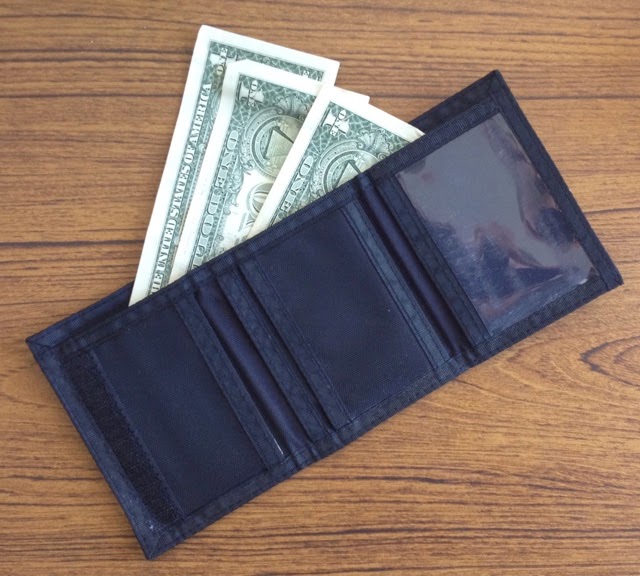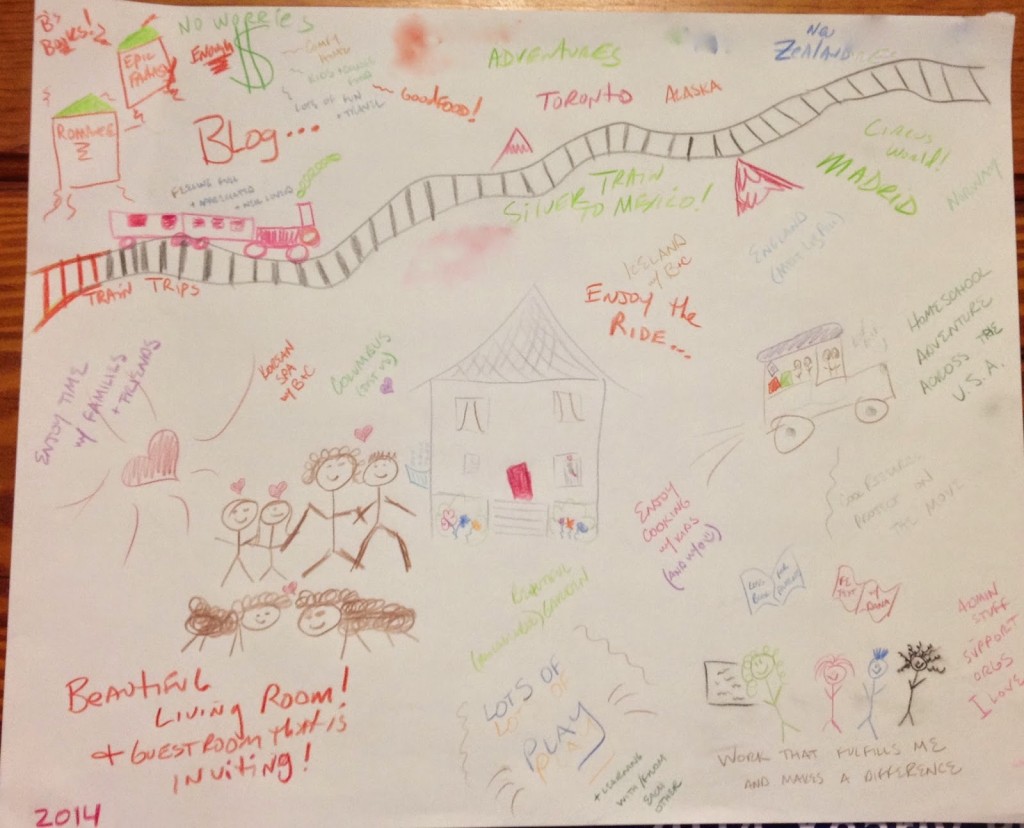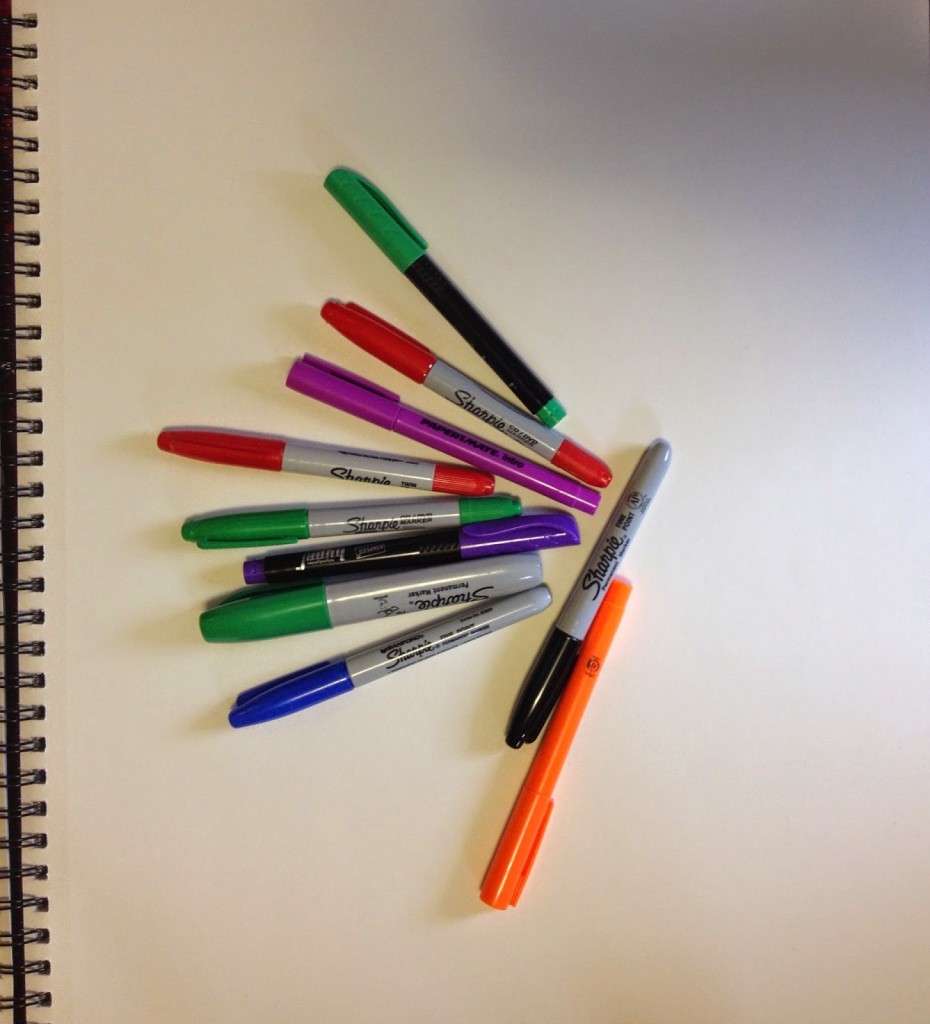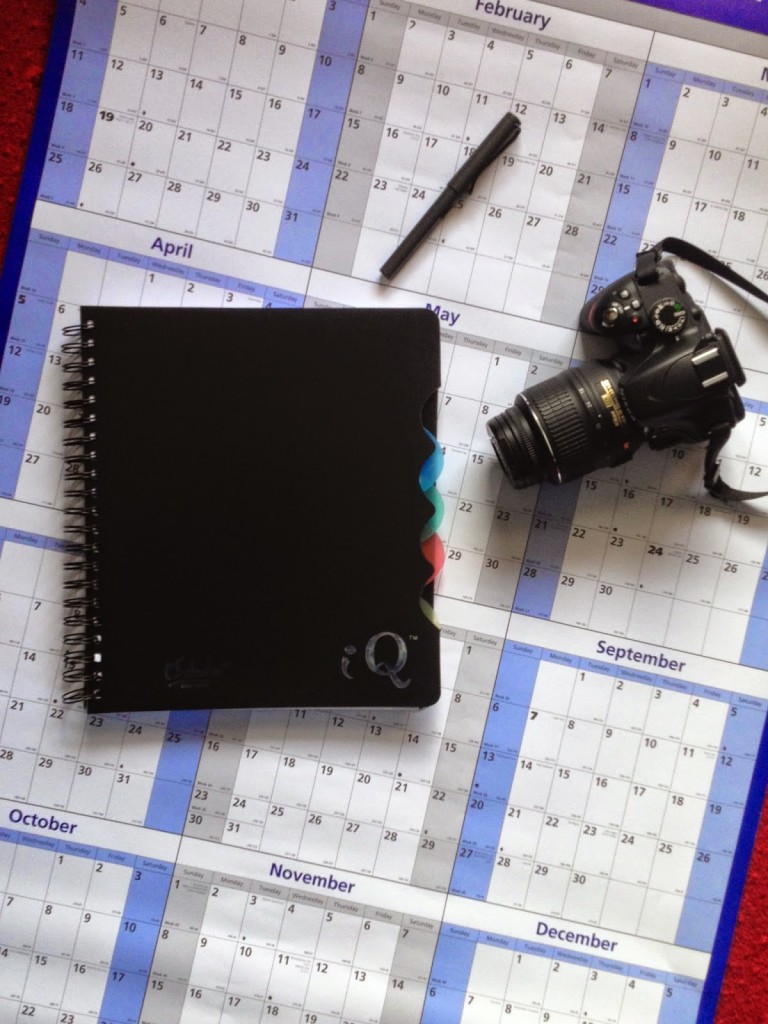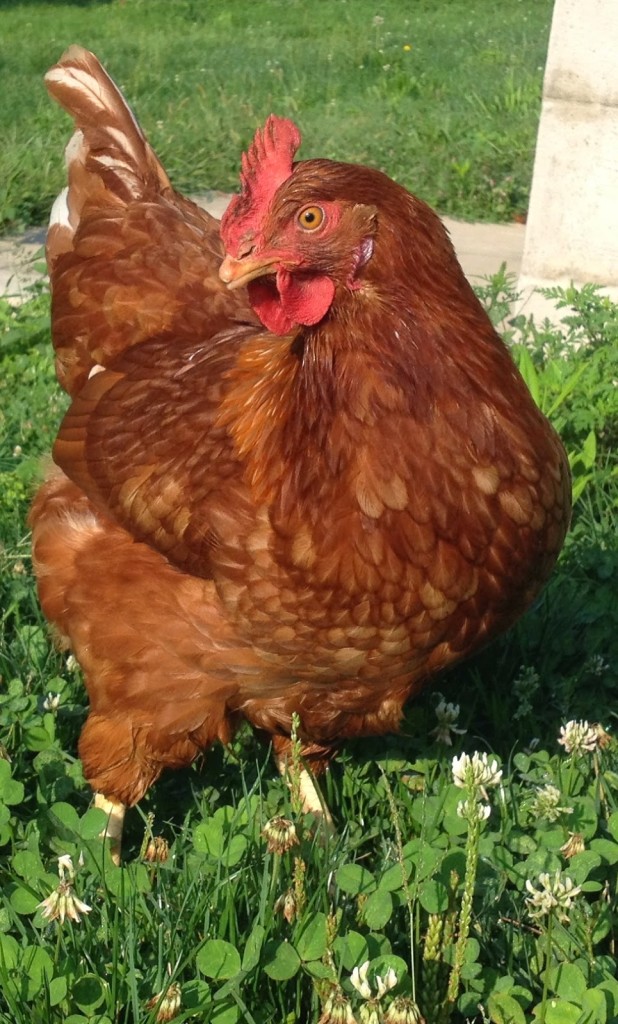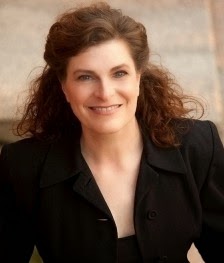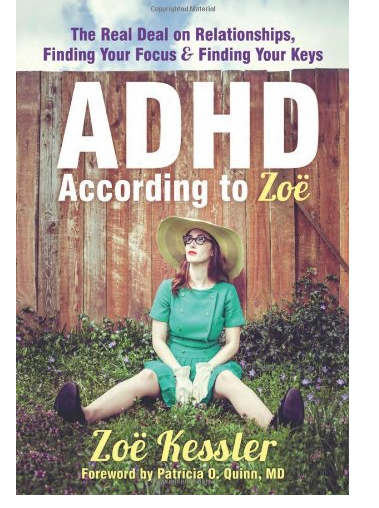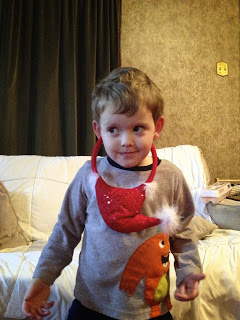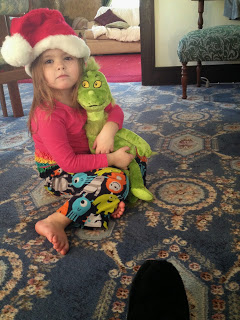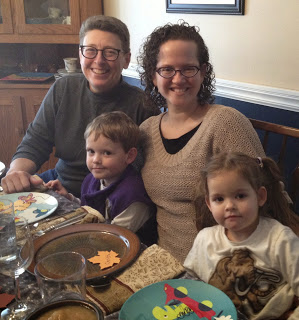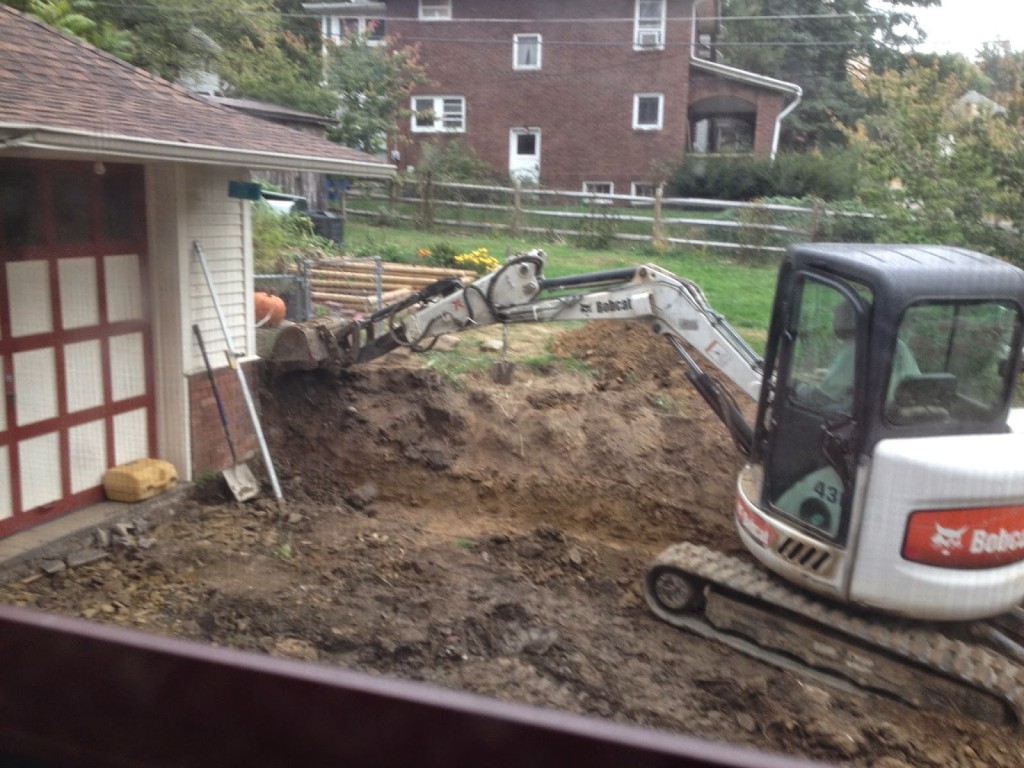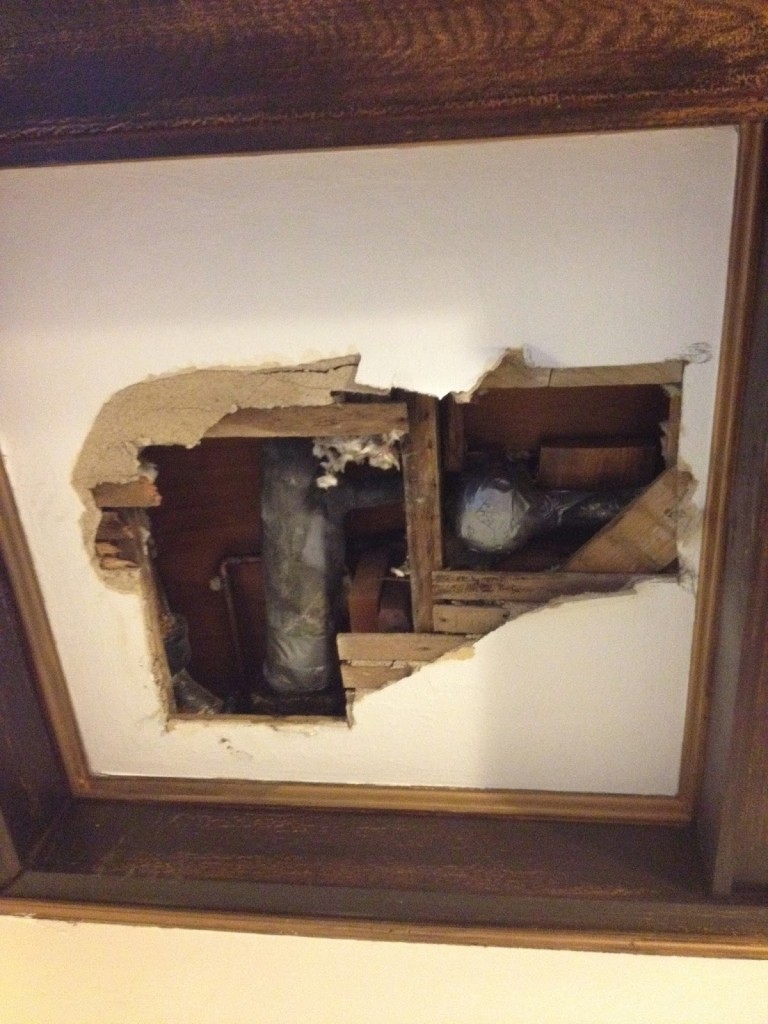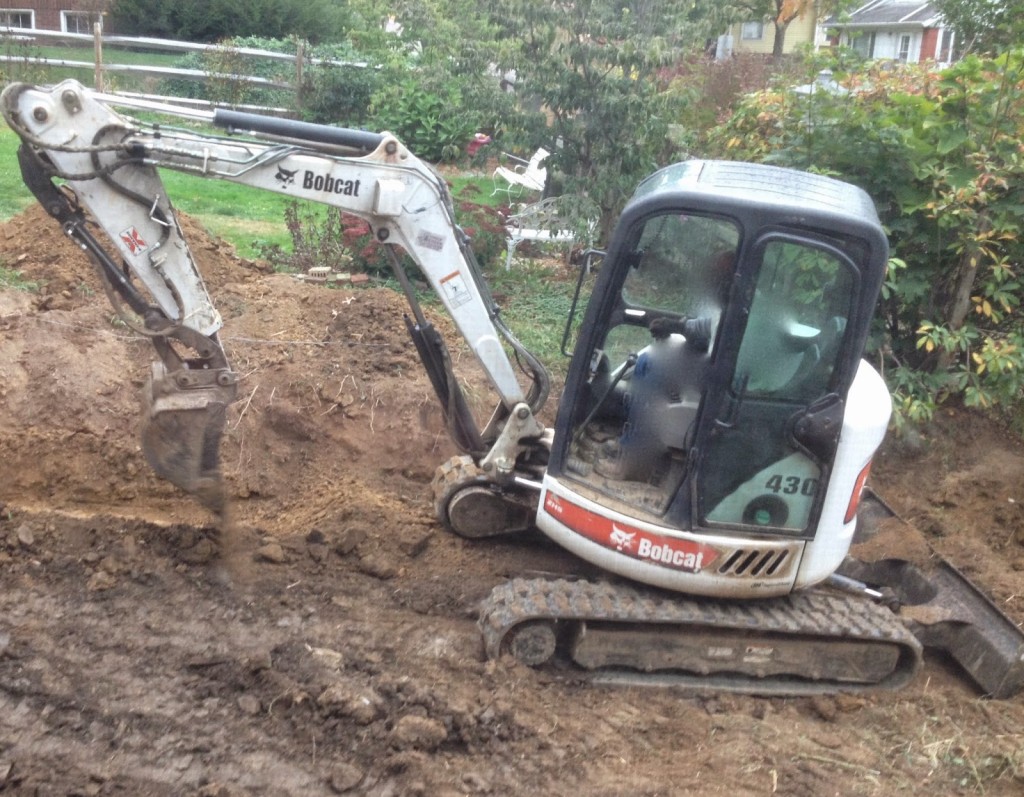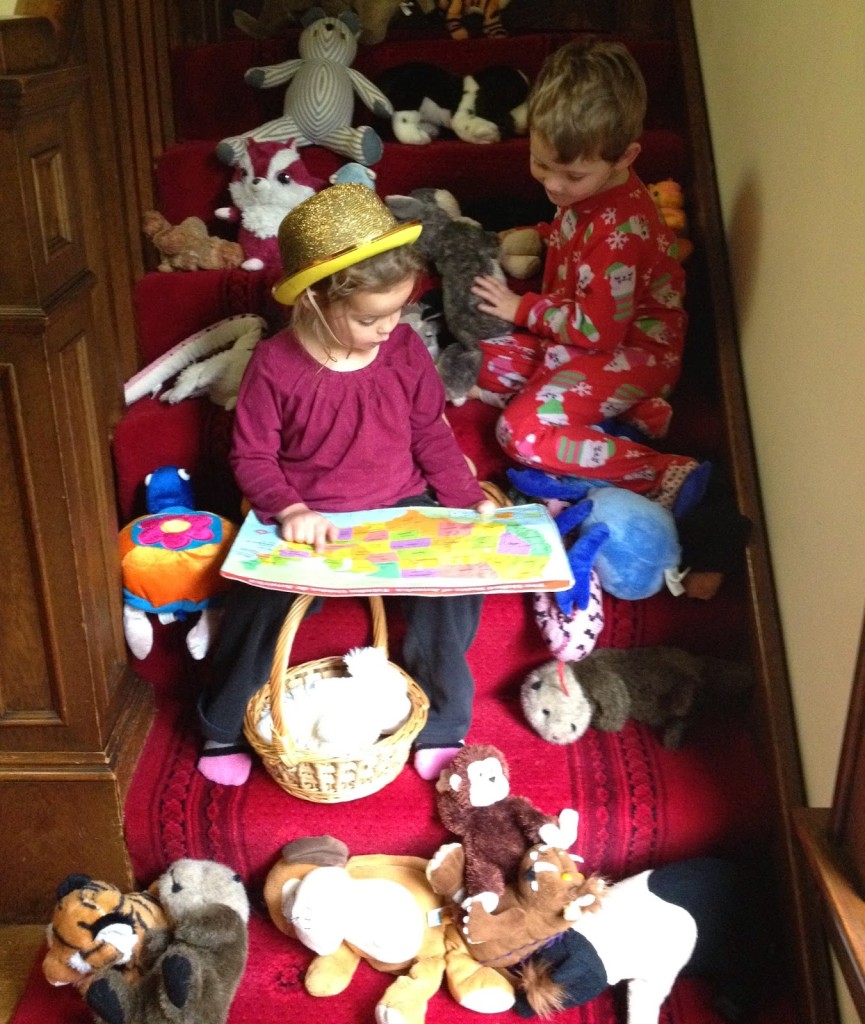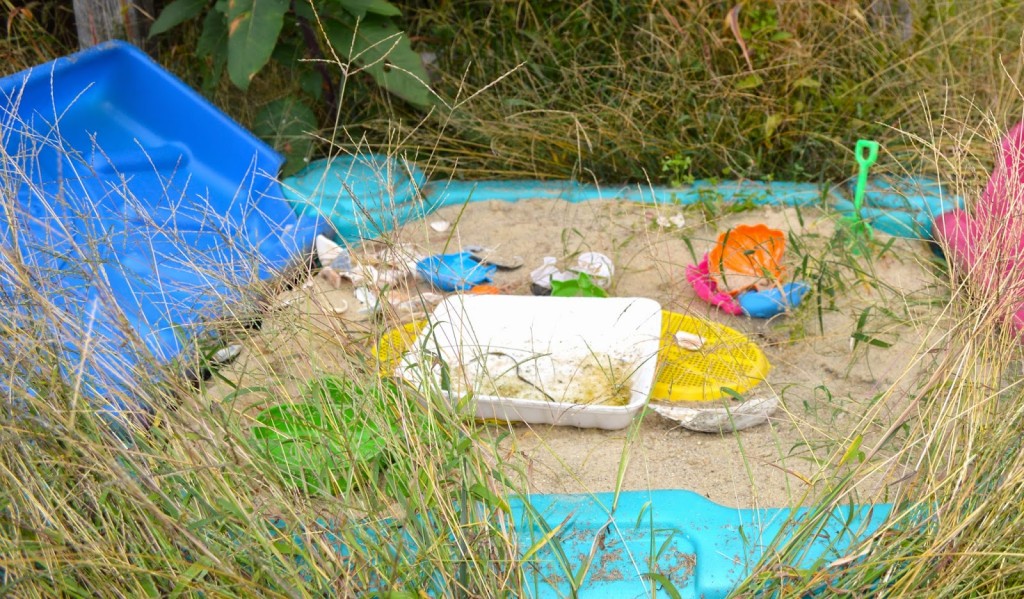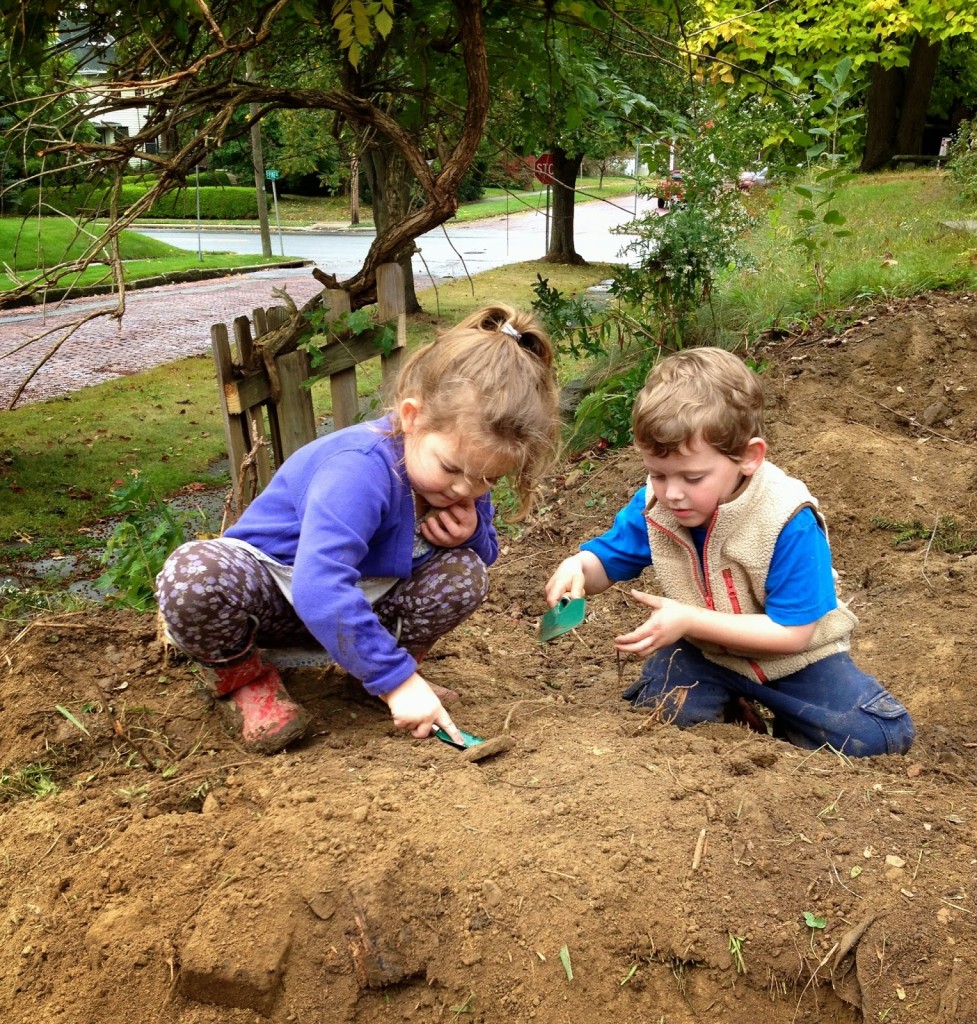Money. The topic everyone wants to talk about and no one wants to talk about. There are many, many books on the market telling you how to handle, invest, save, spend and bank your money. Most of them assume that the individual reading the book has an attention span longer than a goldfish. Indivduals who have ADHD struggle with money managment for a number of reasons. Under-employment, inability to maintain a job/career, creative careers that pay irregularly, academic struggles that lead to low paying work, impulsive spending, forgetting to pay bills, lack of organization, and procrastination. This year on the blog I will feature one post a month about money. Money is difficult to discuss because so so many people equate their self-worth with their bank account. If you don’t get anything else out of this series know this: You are Not Your Money. In an environment where we are constantly bombarded by messages to the contrary, it is often hard to remember this. Money is a tool, it provides opportunities and access. Money can not buy you happiness, or love.Money management is possible and it means you being in control of your money. I have been so broke I couch surfed before it was a thing, lived out of my car for six months, and ate a hell of a lot of rice and ramen noodles. When I finally was making money, I impulsively misspent and then spent 10 years paying it off. Did being broke make me bitter? Nope. I know that it won’t kill me. I know how to survive. I also know that it is so much better to be in control of money.If you are struggling with money management, I encourage you to take a deep breath, know that you can get it together about money, and that it is worth it. The first book that I recommend that you read is Your Money or Your Life: 9 Steps to Transforming Your Relationship with Money and Achieveing Financial Independance by Vicki Robin and Joe Dominquez. Get it from the libray, borrow a copy, or buy it used, but read it. Some of it may seem dated but the exercises will help you get a handle on where you are right now in your relationship with money. My favorite exercise from this book is figuring out how much of your time you trade for things in your life. You will never look at material goods the same way after figuring out how much of your life you trade for things.I will leave you with my favorite quote about money: “To walk in money through the night crowd, protected by money, lulled by money, dulled by money, the crowd itself a money, the breath money, no least single object anywhere that is not money, money, money everywhere and still not enough, and then no money or a little money or less money or more money, but money, always money, and if you have money or you don’t have money it is the money that counts and money makes money, but what makes money make money?”Henry Miller Tropic of Capricorn (1939) 
Category Archives: ADD/ADHD
New Beginnings
 |
| Ha Long Bay 2009 |
Each year I look back at the written list of goals taped to my desk. Some goals are always on the list. That doesn’t mean I didn’t accomplish them, some goals have no end point, such as being a supportive partner and a healthy person. Checking off a big goal always feels great. Looking back over the year and seeing check marks and lines drawn through a goal always makes me smile. I limit myself to ten big goals per year divided between Self, Family, Financial, Health and Community.
I don’t make resolutions, I make plans. Each goal gets broken down in to tiny little baby steps. I don’t get overwhelmed if I make tiny changes. I also know that small changes add up. Each day, I make sure that I have done at least one thing to move me towards my goals. It prevents me from becoming discouraged when life gets complicated. So many people say they want to write but don’t write down their writing goals, fail to make a plan, and then wonder why they don’t accomplish their goal.
If you want to accomplish a goal, make a plan. Break your plan down into small steps. Don’t discount the power of small steps. How small? When the kids were babies and I stayed home with them, if I managed to get 250 words written per day I was very happy. Even 250 words adds up, and keeps you moving forward. It can seem that life is conspiring with evil beings to thwart your best efforts to keep going. A parent becomes ill, a partner has surgery, your kids get sick, you get sick, the dog gets sick, and so it goes.
The key in all of this is to keep moving, as best you can. You might have to stop and take care of your family and yourself, but don’t stop forever. Pick up your notebook and get going again, don’t feel like you have to stop forever because you stopped for a while.
As part of my planning process every three years, my partner and I sit down with a bottle of wine and markers and draw a joint three year plan on poster sized paper. We dream, get silly, drink, and have fun. I post the picture behind the door in my office, right over my big calendar that I talked about in this post about how to keep track of multiple projects
It is not pretty to look at, but when we look back at the old one when it is time to do a new one, it is pretty amazing how much we have accomplished. Why? Because we verbalized what we wanted to do for ourselves and for our family, which means we work together to support each other in our adventures.
It also reminds us what our priorities are, which means we funnel our time, energy, and financial resources into our plans and dreams. Making plans is the difference between accomplishing anything and accomplishing nothing.
People get hung up making plans because they try and force themselves to conform and write a numbered straight list, editing themselves as they go, afraid of writing down what they really want to accomplish.
This year, loosen up, get out your big paper, markers, beverages of your choice, and have fun.
Dream big.
Keeping Track: Tips for Managing Multiple Writing Projects
It is not uncommon for me to have at four or five writing projects in progress. The gift of ADHD means that I always have projects. Some are large, long term projects such as developing my editorial calendar, manuscript drafts and edits, others are short such as website content and blog posts, and some fall in between, think short stories and journal articles. Although I love the reminder feature on my Google calendar, as a visual person I have difficulty conceptualizing time when it is represented by little boxes on a computer screen limited to a one month view.
 |
| Click here for my post on Creative Acts and Self Care |
I need to see it all. My solution is a twelve month wall calendar. I like a Write on/ Wipe off type, ever so helpful if deadlines, or project details change.
I know some people are able to just work on one thing, and then move on to their next project, but my mind does not work that way. I need to be able to move to a different project when I get bored with what I am working on, and want to start something new (because new always feels good), going back to another project gives me the same feeling of doing something different, and yet it propels me forward in that task so in the end it all gets done.
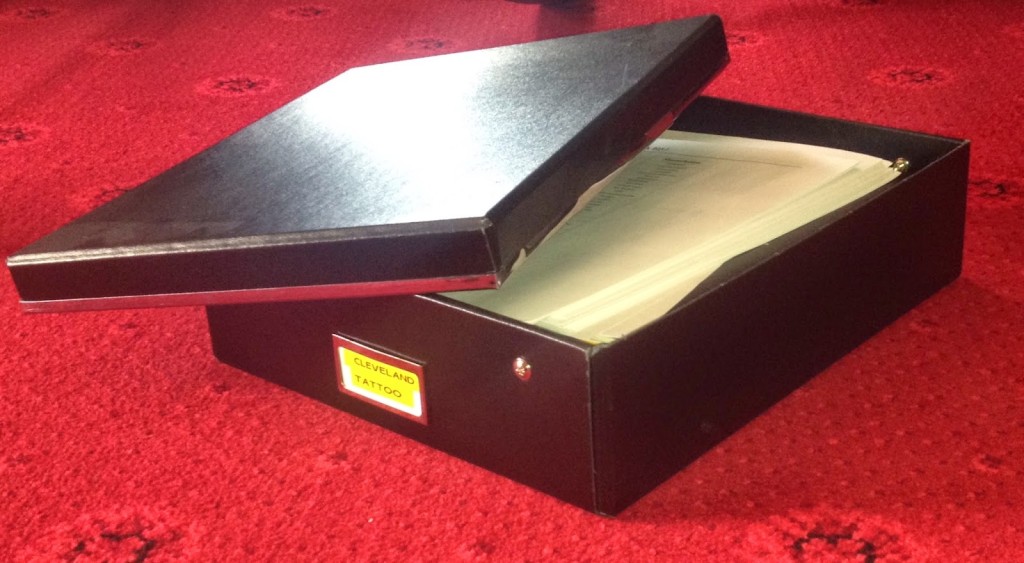 |
| Click here for my post on using flat files to keep my big projects organized |
I also make notes in each file, listing the next steps to complete the project. For example, word count goals, scenes left to write or rewrite, necessary research, lists of of photographs/ images needed, correspond with a co-author, conduct an interview, follow up on an email, etc. I make these notes at the end of the manuscript and/or on the outline. What, no outline? Read my post about outlines here. Outlines really are helpful.
I started keeping my Next Steps List when I was working on my master’s thesis. It kept me on track so I could finish my thesis on time, using every second of time I had to work effectively.
A Next Steps List helps in three ways:
1. You know what you need to do next to move toward completing your project and can get right back to work after a break in writing, invaluable with limited writing time.
2. A Next Steps List clears your brain so you can move on and work on other projects without the distraction and worry that you are forgetting something.
3. Crossing out tasks as you finish them is a visual reminder that you are making progress. A visual reminder of your progress helps maintain motivation on long projects.
In addition to my other writing projects, I write this blog and am starting another in February. (Stay tuned for details). If you are a blogger, or want to be one, the best thing you can do for yourself is to create an editorial calendar. An editorial calendar is simply a calendar that you use to plan posts that you want to write, give them publishing dates and plan your posts. Keep it loose, give yourself permission to change what your post is about if you don’t want to write about that topic that week. Your editorial calendar allows you to plan in advance, gives you a place to park all your ideas for posts, and keeps you focused on your goals for the blog.
Most writers deal with deadlines, family obligations, work, holidays, and travel. Having a long term plan will help you stick to your writing schedule, turn projects in on time, and increase your productivity. Make a plan. Hatch your dreams. Keep writing.
Zoë Kessler ADHD Accoding to Zoë _ A Year of Women’s Voices
Zoë Kessler’s book ADHD According to Zoë : The Real Deal on Relationships, Finding Your Focus & Finding Your Keys (2013) is the first book I recommend to women with ADHD.
Holiday Hell or How to Survive the Holidays with ADHD
I love the holidays, but I am easily overwhelmed by the lights, shiny objects, people, and activities that go with the holidays. Parties, gift buying, gift wrapping, kids off from school, travel, big family dinners, New Years celebrations are great and horrible at the same time. I loose track of everything, my routines are interrupted, and I get very little done. For many years it would take me until February to get back to center. Here are my top ten survival strategies to make the holidays less overwhelming
1. Plan some time each day to just sit. Even if it is just ten minutes, set a timer and forget about everything, let your brain and adrenal glands rest.
2. Limit or no alcohol. I know it sounds harsh, and I know it is the season to be merry, but too much merry makes for a rough day the next day. ADHD folks often have issues with substance abuse, and the holidays make it so easy to over indulge. We like to quiet the noise in our heads with libations. Be honest with yourself about this.
3. SET A BUDGET for gifts, entertaining, and decorations. Really. Managing money is tough for folks with ADHD. Impulsive spending feels good, and combined with the distractions of the season can cause debt to balloon to epic proportions. Do it. You will be grateful when you are not still paying for the holidays in July of 2018
4. Say No. You can do it. Say NO to those events, and situations that have caused you stress in the past. This will be impossible if it involves family. In family situations, if your really feel that you have to participate, set time limits. If you know that certain family members become total nut-cakes, and act out after a few glasses of eggnog, leave before it happens. If this is you, see tip #2. Remember, their drama does not have to be your drama.
5. As hard as it is, keep up with your exercise routine. Be creative if you are traveling. Go for a walk, ride your bike, heck even shoveling snow is great exercise. For folks with ADHD, some sort of movement each day is essential self care.
6. Eat well. Have some holiday treats but beware of the stress-eat sugar-max out my caffeine-screw it because it is the holidays trap. Loading your body with stimulants only exacerbates your impulsiveness and makes you do crazy things.
7. Avoid busy shopping times. I pretty much stay away from big box and chain retail stores from November until the middle of January. I shop local. Small stores are great, less overwhelming and have fewer choices. I also like supporting my neighbors and small businesses.
8. Go back and read this post about getting better sleep . Really.
9. If other family members have ADHD remember that they are struggling too. Help your kids by modeling coping skills for sensory overload and situational overwhelm. Remind them that they can take breaks when ever they need to calm down. Help them moderate their sugar intake. Be aware that the stress of the holidays can make kids with no issues act out, ADD/ADHD just stacks the deck.
10. Enjoy yourself. Do what you need to do for your own self-care and your family’s well-being. If folks judge you for that, that is their problem, don’t let it be yours.
I hope these tips help.
My daughter trying to make the Grinch feel better.
My smirk, perpetuated by my son…
The Siren Call of NaNoWriMo
October is the lead up to the annual craziness that is National Novel Writing Month (NaNoWriMo). For those not familiar with NaNoWriMo, the goal is to write a 50,000 word novel starting November 1 and ending November 30. I completed NaNoWriMo last year and it was so much fun that I am finding it hard to resist this year.
Why would anyone set a goal of writing 50,000 words in a month? For me, it was just to see if I could do it. I have no problem coming up with stories, my problem was not putting writing first.
So many other things in our lives compete for out attention: partners, children, work, pets, television, movies, books, sports, Facebook, Twitter, Instagram, etc. What NaNoWriMo did was force me to keep to a schedule. In order to finish I had to make my word goal for the week, no matter what. I learned to let things go, to not stress about anything except getting words on paper during the month of November.
It helped that my partner was traveling for most of the month of November, so I had evenings free after the kids went to sleep. I created an outline and some character sketches, as well as a daily word/weekly word count calendar before the contest started. I was not able to attend any of the local meetings with other participants, but was supported by a robust on-line community, and another friend that was doing NaNoWriMo.
I was asked by a fellow writer “Why? Why do it? What will you get out of it?”
I thought that I would just get the satisfaction of meeting a goal, and having 50,000 words to work with, but I ended up with so much more by completing NaNoWriMo.
I had a fun. Real, honest to goodness fun, writing. I did not edit myself. I didn’t worry about what anyone would think. I just kept going, and did not look back.
I had not written that freely in years. I remembered how to write fast. Something I had learned writing my master’s thesis and forgotten.
If you are a writer, or think you would like to be, give NaNoWriMo a shot. If you don’t make your goal, you are the only one who will know. If you finish your novel, you get so much more than just a cool computer badge that says that you did.
NaNoWriMo is a great organization that encourages and supports creative writing for kids and adults. Check out their website http://nanowrimo.org and sign up while you are at it. I will be cheering for you.
Flexibility and ADD/ADHD: Why it is hard to shift gears
So my driveway has looked like this for the last three weeks. Yes, that is my backyard on the other side and the only way to get to it is to walk around the block to the back gate. The second week of driveway repair, my tub leaked into the ceiling, which then looked like this,
and the plumber couldn’t get back to fix it for a week.
That being said, I have had better luck trying to replace our windows. The windows in our property have needed replacing for some time now. As windows get older they can often get damaged by bad weather and this can cause them to let in a draft. Over time this can actually have an impact on your utility bills as you end up having to use more energy than necessary to keep your home warm.
Anyway, a friend of ours who lives in Missouri told me that she managed to find an amazing window replacement company online by searching for ‘replacement windows kansas city‘. We all search for things online nowadays, so if ever you need a home renovation expert to take care of any remodeling work on your property, doing some research online and comparing your options can help you to find the best possible contractor at the most affordable price for your budget.
Ultimately, I was able to find a great window company in our area and they have promised to visit us at some point over the next couple of weeks.
So what has all this got to do with flexibility?
For folks with ADD/ADHD we struggle to find our equilibrium when our routines are disrupted. I have misplaced my keys three times in one day, because my driveway is still under construction, and we can’t use our normal route in and out of the house. Where do I hang my coat and keys? Where are we going to keep the leashes, shoes, coats, bags, and everything else we have organized to make getting out of the house easier?
Most people can adapt and adjust to a disruption of their routines pretty quickly. ADD/ADHD folks find it much harder to adjust. It often takes us a very long time to find a routine that enables us to accomplish our goals. We seem inflexible because any disruption of our routine makes it that much harder for us to get out of the door and accomplish anything because we feel frustrated, confused, and angry at the disruption.
We can’t let go of our routines, and we can’t let go of our desire to return to what was working. We sabotage ourselves so often, that when our routine is disrupted from the outside, we freak out, call it a wash, act out, and get nothing done.
Here are my five tips for coping when an event disrupts your routine.
1. If your normal staging area is blocked (your landing/take off pad), take the time to establish a new one. You will waste less time in the long run.
2. Forget about keeping all of your routines in place. Breathe. Decide what is most important. Enlist help from other people if you need help with sorting important tasks from unimportant tasks.
3. Understand that home improvement projects are unpredictable. Estimated completion times are just that, an estimate.
4. Remember to eat well. Do not fall into the uber-caffeinated/ junk food/ drink a lot/ screw all my good intentions/ I’m stressed out because my house is broken, excuse.
5. If you work at home, try and stick to your office routine. If you can not work because the noise of the project is disruptive, or watching the large equipment is hypnotic, find another site to work. Libraries often have study rooms you can use during school hours. I call the local library my branch office.
6. Do not start any new projects, even if you really, really want to because of the stress.
7. Remember renovation/ home improvement projects are hard on other family members, including pets. Work together to figure out what works for everyone.
I hope these tips help. Remember if it all is too much, you can always watch the heavy equipment.
Reminding Myself to Slow Down
Many of my friends posted pictures of their kids going to Homecoming dances this week, and my oldest had a birthday last week and just started a new job that involved a move. I was reminded that life occasionally feels like you have been shot out of a cannon, and as my oldest friend used to add “without a net”! I know my kids will not always be happy having imaginary train trips on the stairs with all their animal friends. I know that soon the sand box at my mom’s will look like this:
And I know that I will look back at the time and wonder where the hell it went.
ADHD people often live life in a blur, we have a great time but sometimes in our rush to get to the next thing we forget to stop, and soak up life, we are distracted. Being distracted and busy can interfere with all of our relationships. Establishing respectful communication and listening skills are lessons kids learn best by practice and modeling.
I know if I want my kids to learn how to listen and focus, I need to stop and focus on them when they talk, to really listen, and ask questions if I don’t understand what they are trying to tell me. It is sometimes a struggle when I feel like I need/want to do fifty other things, besides stoping to read a book we have already read a least a hundred times, or listen to them telling me about an event at school.
My goal for myself is to slow down, remembering to appreciate this time, when boo-boos can still be healed with a kiss. Exploring, getting your hands dirty, and playing are what life is. I will take the time to do the little things, to ride a magic carpet made of cardboard, to sit in the playhouse and read books, and to stop and dig in the dirt with my kids if that is what they want to do. I can pretend it is for them, but really, it is for me.
Embrace Your Attention Issues: Terese Ramin Interview
 |
| The bar. Again. |
I met Terese Ramin at my first writers’ conference. Chicago-North RWA Spring Fling 2012 to be exact. I was loitering at the bar waiting to register. I noticed Terese’s conference badge, and struck up a conversation. She was presenting at the conference. We spent
most of the evening laughing, talking, and getting to know each other over
fries and good beer.
encouraging, and supportive. She is also has ADD/ADHD, and is a successful novelist, and editor. She very kindly agreed to do an interview for this blog. I have enjoyed Terese’s books. This is the link to Terese’s Amazon page. Her biography follows the interview.
1. When were
you diagnosed with ADD/ADHD?
was officially diagnosed with ADD in 1996 when I took my son for diagnosis at
his high school’s request. I took the test with him to be supportive.
Was there a specific event that caused you to seek a diagnosis?
son’s high school requested that he be tested (and put on medication).
Do you think having a diagnosis helped?
it helped *me* realize what had always held me back / been “wrong” with me, and
why there were “bad conduct” marks on my school records. Girls didn’t have
ADD/ADHD when I was in grade school.
Have you faced any discrimination because of your diagnosis?
As an adult, the only people who know about my ADD/ADHD are those I choose to
tell. And since being ADD/ADHD affects my entire life, I let people know. My
son, on the other hand, didn’t want people to know, didn’t want to take meds,
etc., because it would have labeled him in high school as “one of those kids”
who got called out of class to take a prescription medication. We worked with
his ADD/ADHD in other ways and, boy, am I glad! He’s very successful as a
teacher now.
How did you organize/ focus yourself to write books?
was first diagnosed, I saw a therapist who gave me suggestions to help keep me
focused – creating a CD that looped with the question “Are you on task?” played
at 5 and 10 minutes intervals.
also used a CD called High Focus that essentially
plays white noise. It was highly effective, especially played softly. I also
used guided meditation and a couple of “In the Zone” CDs that are used to help
athletes maintain focus while they work out.
What is the biggest challenge for you when writing a novel?
man. <G> For writing a novel, I need to get to the place in the book
where I can go into hyper-focus. Hyper-focus is something I’m good at – as long
as I’m being stimulated by what I do, or as long as what I’m doing is a
relatively simple, repetitive task (I’m a great editor due to hyper-focus, and
I’m pretty good at detail work – as long my brain doesn’t decide the details
are boring.) Boredom is my biggest problem.
thing that works is for me to be able to get up and wander around doing simple,
non-thinking tasks as I write – taking care of the laundry, loading the
dishwasher, dusting, etc. Those are things I hate to do, but when I do them
during the process of working on a novel, I don’t have to come out of the
“zone” or the story to do them. Doing
simple tasks allows me to daydream the next line, paragraph, or scene, and
return to the computer able to write a few more pages.
Are you an Outliner or Pantser?
I wish I could outline a novel or create a beat sheet, then just fill in the
blanks on the pages. The moment I start to do that, my brain screams “lunch!”
and refuses to budge – it’s that boredom thing or the restless ADHD thing
kicking in: an outline causes me to tell the story to myself, which means I’ve
already written it, which means “bored now” when it comes to trying to write
all 70-85,000 words.
counter this, I give myself a blurb to remind myself where I need to get to
from here, post that on the wall where I can see it, and slowly make my way
toward the end goal: a completed novel.
How do you handle the distraction of the internet?
I have a routine of getting up in the morning, handling my email, reading the
online news, doing a little Facebook / Twitter / social media to keep my name
out there, but that means I also use up my best creative time. I might be
finished with all of those internet things by 8 a.m., but then the dogs need
attention, there are dirty dishes that need attention, the laundry needs to go
into the dryer, etc. It would be far better for me to revise that routine and
start with writing, but it takes a long time for me to create a routine that
works for me. It’s much easier to fall back on the routine I have. The bottom
line is that I’m much much more productive
if I follow a daily routine, but creating the right routine takes thought and discipline that I sometimes don’t
have.
Do you think that it would have been helpful to be diagnosed at an earlier age?
in today’s climate, yes. Back when I was growing up? Maybe – at least then my
parents and teachers would have understood the reason for why I was the way I
was. But being diagnosed earlier – especially back in a time when using
ADD/ADHD medication properly was still pretty new – might also have meant being
medicated, which brings up a whole new world of issues.
What advice would you give writers struggling with attention issues?
your attention issues. I look at my son who’s always done seven or eight things
at the same time – and that worked for him. When he was in school, if he wasn’t
listening to at least one sporting event, playing the guitar (or the bassoon,
or something), reading a book, talking on the phone, trolling the internet AND
doing his homework, I knew he wasn’t getting his schoolwork done. He’s never
needed to be medicated and I’m proud of the man he’s become.
I also look at the way he innately handled his ADD/ADHD and I realize that my
own process of staying in the zone by doing housework while I’m writing is much
the same thing. I just need to “stay on task” get back to that routine.
author of eleven novels and numerous short stories. Her autobiographical essay,
“Two-Puppy Theory”, is included in the anthology The Sound and the Furry, sales of which benefit the International
Fund for Animal Welfare. The Cured,
her most recent release with author David Wind, is her first suspense-thriller.
Her next release will be an urban paranormal romance with writing partner Dawn
Johanson.
as an editor, ghost writer, book doctor, and a paranormal investigator. She
lives in Michigan with her husband and a bunch of rescued dogs.
